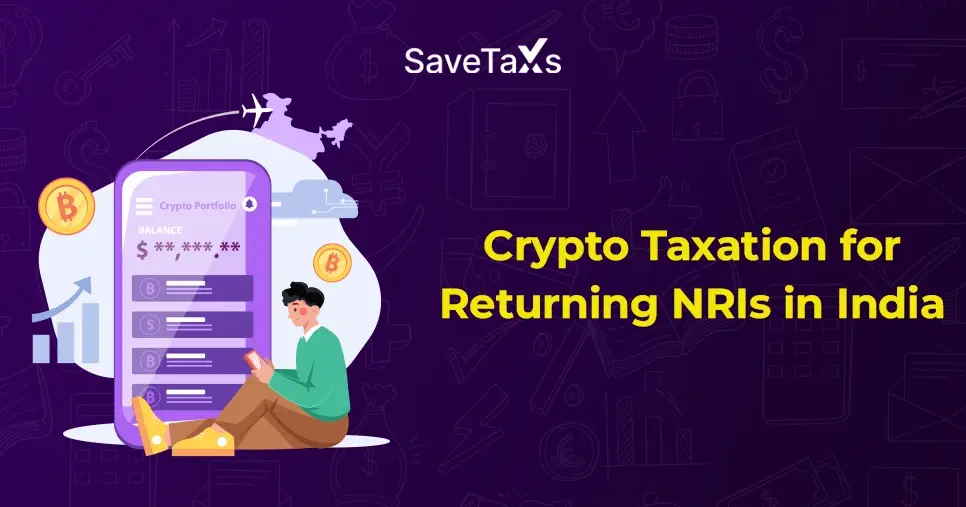- What is Section 80E?
- Who is Eligible to Claim the Section 80E Education Loan Deduction?
- What is a Higher Education?
- What is the Section 80E Tax Exemption Limit?
- Where Should the Education Loan Be Availed From?
- Document Proofs that Need to Claim the Deduction.
- What is the Period for claiming the Section 80E Deduction?
- How to Calculate the Section 80E Deductions?
- Points to Consider for NRIs
- Let Experts File Your ITR and Claim the Education Loan tax Benefit for NRIs
Education loans not only help you achieve your aspiration of studying at your dream university but also result in tax deductions. Section 80E of the Income Tax Act allows individuals to claim a deduction for interest on education loans taken from an approved charitable or financial institution.
We all know how rapidly the education domain is evolving, be it in India or overseas, and similarly, the expenditure on education has also been increasing. Hence, this has increased the burden on wallets, seeking relief that comes under Section 80E. In this blog, we will explore Section 80E for NRIs, including eligibility for deduction, tax exemption limits, and more.
What is Section 80E?
Section 80E allows individuals to claim a deduction on the interest paid on a loan taken for higher education. An individual can claim a deduction from their taxable income only if the interest on the education loan is paid for themselves, spouse, or children, including the ones for whom they are the legal guardian.
Whether you are a Non-Resident Indian (NRI) repaying your student loan from India, a legal guardian handling the education loan repayments on behalf of the student, or a parent supporting your kid's international education, in any case, Section 80E can be a game-changer for you.
Who is Eligible to Claim the Section 80E Education Loan Deduction?
You are eligible to claim a deduction on the higher education loan interest payment if:
- You are an individual, whether an Indian resident or an NRI. HIndy undividied families (HUFs) or other companies are not eligible to claim a deduction under this section.
- The deduction can only be claimed on the interest component of the education loan.
- Only a loan sanctioned by a recognized charitable organization, an Indian bank, or a financial institution is eligible to claim a deduction. If you have been provided a loan from friends, family, or other relatives, such a loan is not eligible to claim a deduction under section 80E.
- The loan taken by an individual must be put forward towards fulfilling the educational needs of themselves, their spouse, or their children.
- The deduction under 80E can only be availed for the right years, and it begins from the payment in the first year.
- Deduction under section 80E of the Income Tax Act can only be claimed if the loan is taken under the name of the taxpayer.
What is a Higher Education?
The term higher education used while taking the loan means:
- Any full-time education course pursued after completing class 12.
- Any approved technical, vocational, or professional programs, like management, medicine, engineering, or law.
However, it does not matter whether the education loan is taken to study abroad or in India.
What is the Section 80E Tax Exemption Limit?
There is no maximum or minimum limit set for the deduction under section 80E. Hence, the amount a taxpayer pays as interest on the education loan for the current financial year qualifies as deductible. The rate of interest does not impact the deduction on the interest amount.
Let US Understand this With an Example:
Mr. Sumit took an education loan to complete his M.Tech from London, and his gross taxable income after other deductions made is Rs 6.7 lakhs. Now Mr. Sumit paid Rs 2,00,000 as the interest on his education loan. His total taxable income will be 4.7 lakhs as the interest of 2,00,000 paid has been entirely deducted from his net taxable income of 6.7 lakhs as per Section 80E.
Where Should the Education Loan Be Availed From?
Section 80E of the Income Tax Act states that the interest paid on the higher education loan should only be raised either from a recognized financial institution or a charitable institution. Loans taken from any other entity or institution will not be eligible for the deduction. To identify the eligible institution:
- Financial Institution is any bank that works as part of the regulatory framework of the Banking Regulation Act 1949.
- A charitable institution can be understood as an organization approved under Section 10(23C),
Auto Set-off and carry forward losses with 100% Accuracy
Document Proofs that Need to Claim the Deduction.
No documents are needed to be attached to the claim deduction under Section 80E of the Income Tax Act, as it can be claimed while tax filing. However, the documents mentioned below can be submitted in case of any future scrutiny.
- The documents of the sanctioned loan.
- The statement of repayment from a financial or charitable institution. Such statements are used because they help to clarify the interest amount repaid and the principal amount.
- Lastly, ensure to obtain an interest certificate at the end of every financial year from the institution or bank from which you took the loan.
What is the Period for claiming the Section 80E Deduction?
As for the Income Tax Act, the deduction mentioned under section 80E can be claimed for a maximum of eight assessment years or until the interest is fully repaid, whichever is earlier.
For instance, if the loan is completely paid within six years, the deduction will only be allowed for six years, not eight.
How to Calculate the Section 80E Deductions?
To claim the tax benefits mentioned under section 80E of the Income Tax Act, refer to the example given below.
| Particulars | Amount |
|---|---|
| Income |
Rs 6,00,000 |
| Less: Interest paid on home loan (deductions under section 80E) | Rs 1,00,000 |
| Net Taxable Income | Rs 5,00,000 |
The interest paid (Rs 1,00,000) on the educational loan is deducted from the taxpayer's taxable income of Rs 6,00,000. Now, as a result, the taxpayer's net taxable income is Rs 5,00,000.
Points to Consider for NRIs
Here are a few points to consider to claim an education loan tax benefit for NRIs under section 80E of the Income Tax Act.
- NRIs must be citizens of India to claim the deductions under section 80E.
- The loan must be sanctioned from a recognized Indian lender. High educational loans taken from foreign banks are not eligible for the deduction.
- The NRIs must be filing their ITR in India to claim the 80E education loan deduction.
- Ensure that the penalty for false deductions can go up to 200% of the claimed amount.
Let Experts File Your ITR and Claim the Education Loan tax Benefit for NRIs
The government of India has been taking numerous steps to promote the accessibility of education to everyone by providing education loans and then offering great tax benefits for the repayment of the loan. However, many NRIs are unaware of such tax deduction benefits, which is why you need an NRI tax expert to file your returns.
Savetaxs have been helping NRIs for decades in filing their income tax return in India, ensuring they get every deduction possible. Section 80E of the Income Tax Act 1961 provides a tax deduction on the educational loan interest. Like this section, there are a lot of sections that offer tax deduction, but a lack of knowledge and expertise in the matter prevents you, as an NRI, from claiming what you deserve. Well, do not worry anymore.
Our team of experts brings over 30 years of experience in NRI taxation, and we ensure your tax liability is minimized and the refunds are maximized. We have a client base of thousands of satisfied NRIs like you. Be one of them and make your tax worries a thing of the past.
Savetax serves you 24/7 across all time zones. Connect with us now.
*Note: This guide is for informational purposes only. The views expressed in this guide are personal and do not constitute the views of Savetaxs. Savetaxs or the author will not be responsible for any direct or indirect loss incurred by the reader for taking any decision based on the information or the contents. It is advisable to consult with either a Chartered Accountant (CA) or a professional Company Secretary (CS) from the Savetaxs team, as they are familiar with the current regulations and help you make accurate decisions and maintain accuracy throughout the whole process.

Mr. Ritesh has 20 years of experience in taxation, accounting, business planning, organizational structuring, international trade financing, acquisitions, legal and secretarial services, MIS development, and a host of other areas. Mr Jain is a powerhouse of all things taxation.
- How NRIs Can File Form 10F Without a PAN Card (Claiming DTAA Benefits)
- Short Term Capital Gain on Shares (Section 111A of Income Tax Act) - STCG Tax Rate and Calculation
- Donations Under Section 80G and 80GGA Of The Income Tax Act
- How NRIs can e-verify IT Return From Abroad?
- Rules for Tax on Gifting in India for NRI: Everything You Need to Know
- Section 115BAC New Tax Regime 2025: Slabs, Benefits, Exemptions & Deductions
- Form 61A Income Tax: Applicability, Due Date & How to File SFT Online
- Double Tax Avoidance Agreement (DTAA) Between India and Canada
- How to Save Tax in India: Tips of Indian Residents and NRIs
- TDS on purchase of property by NRI: Tax Rules and Penalties
- Understanding NRI Gift Tax Laws In India
- Inheritance Tax On NRI (Non-Resident Indians) In India
- Section 112 of the Income Tax Act: Tax on Long Term Capital Gains
- Section 194I - TDS on Rent
- Tax Audit: Forms 3CA, 3CB, 3CD and 3CE
Want to read more? Explore Blogs
Frequently Asked Questions
No matter what your source of income is, we've got you covered. There’s a plan for everybody!
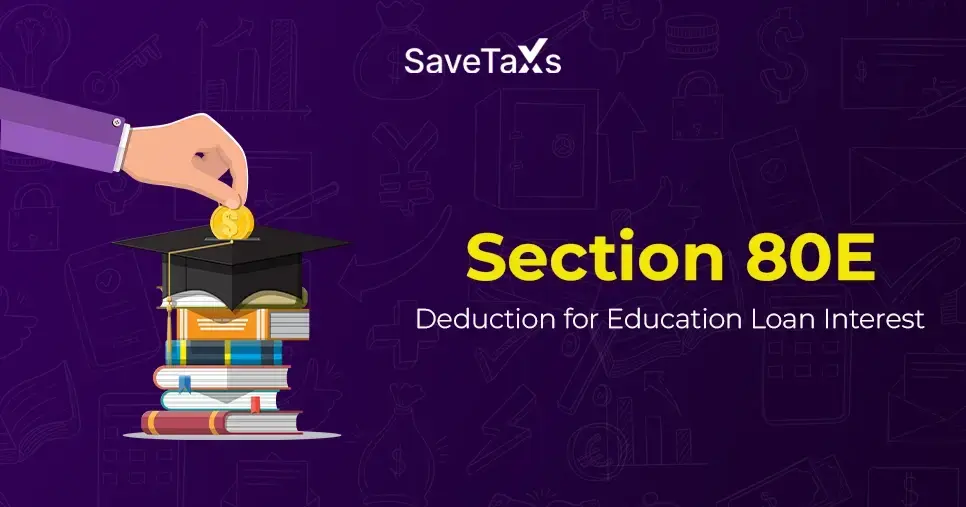
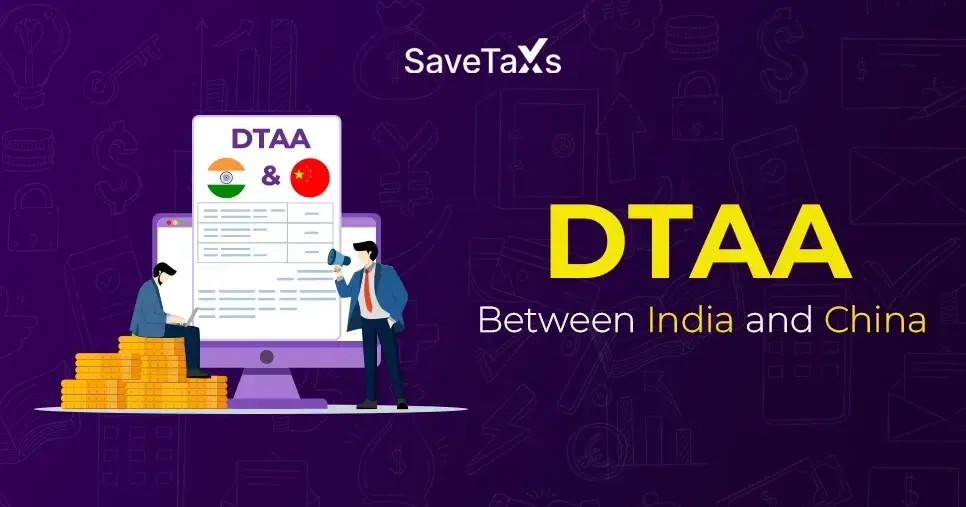
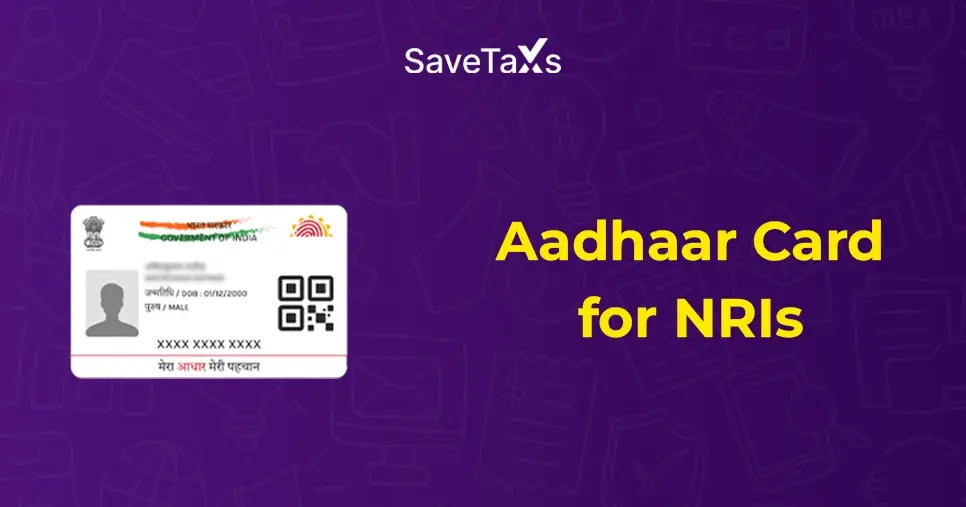
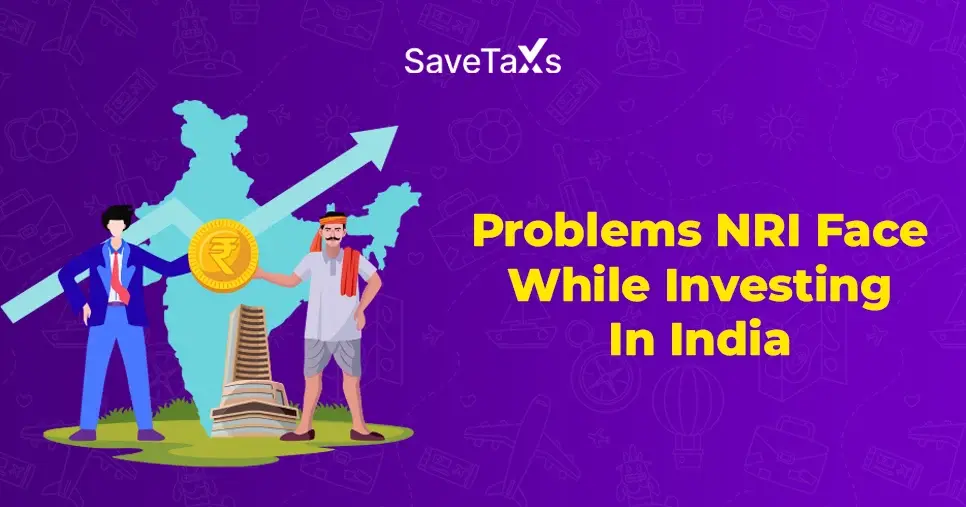
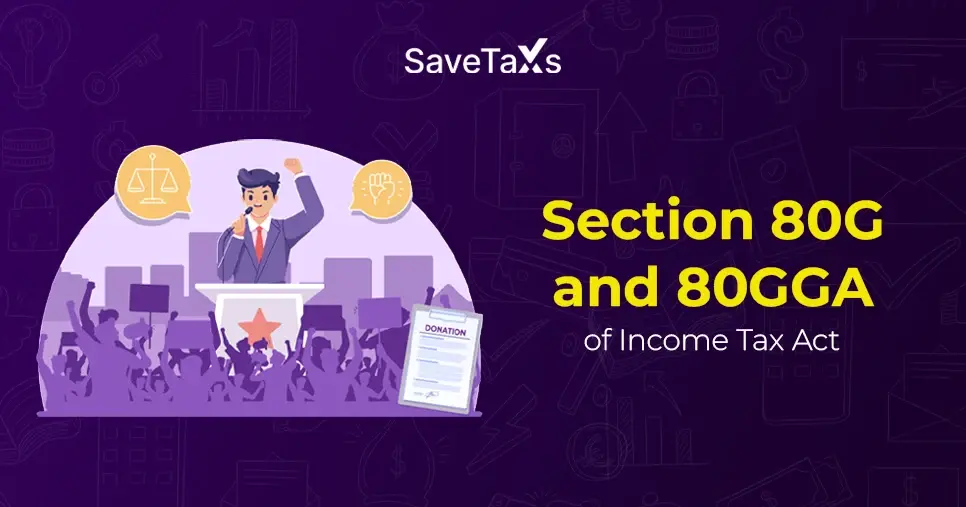

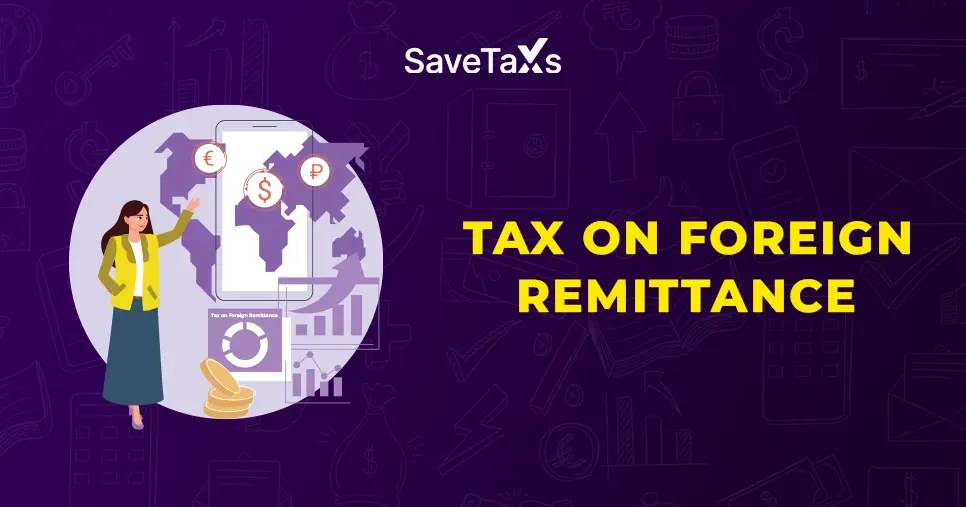

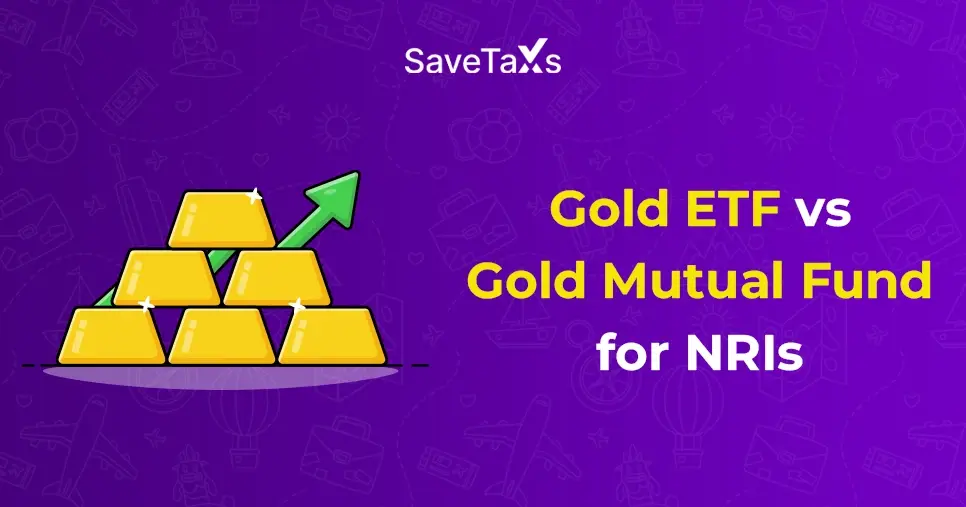

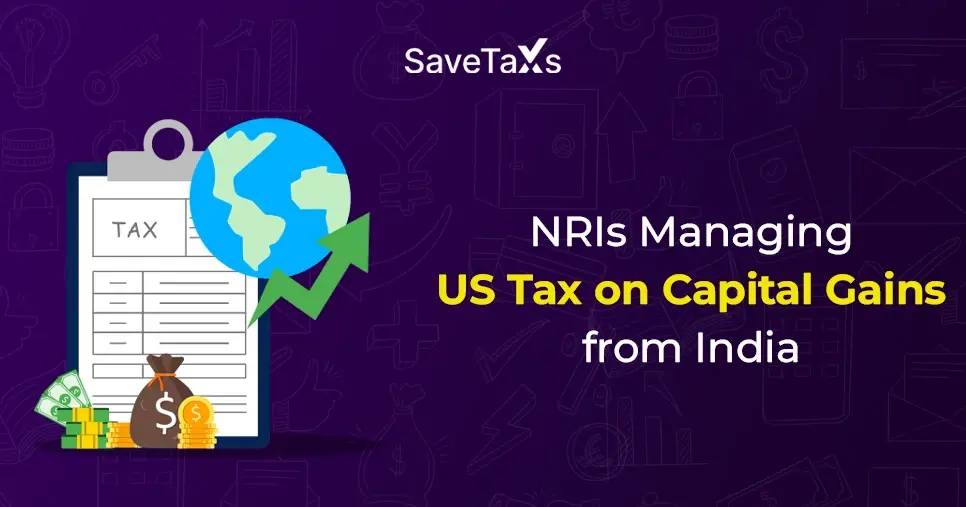
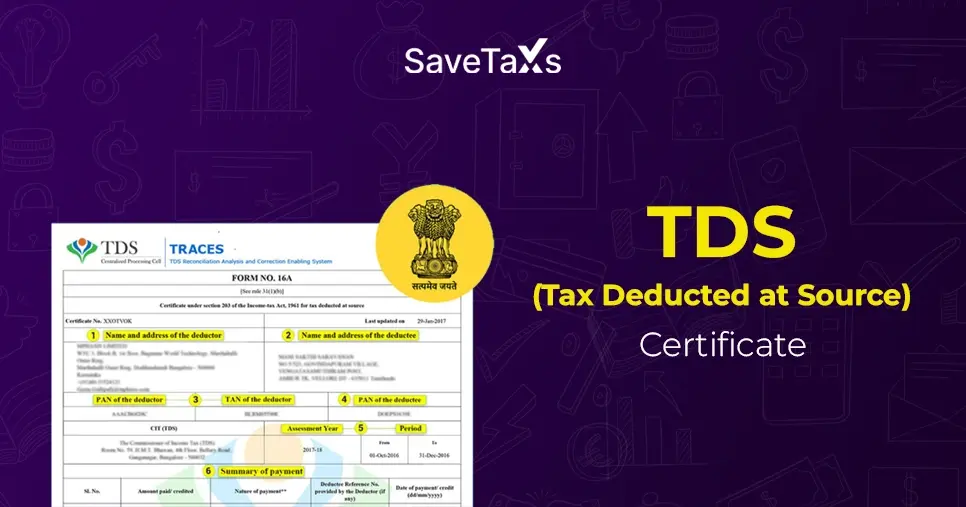

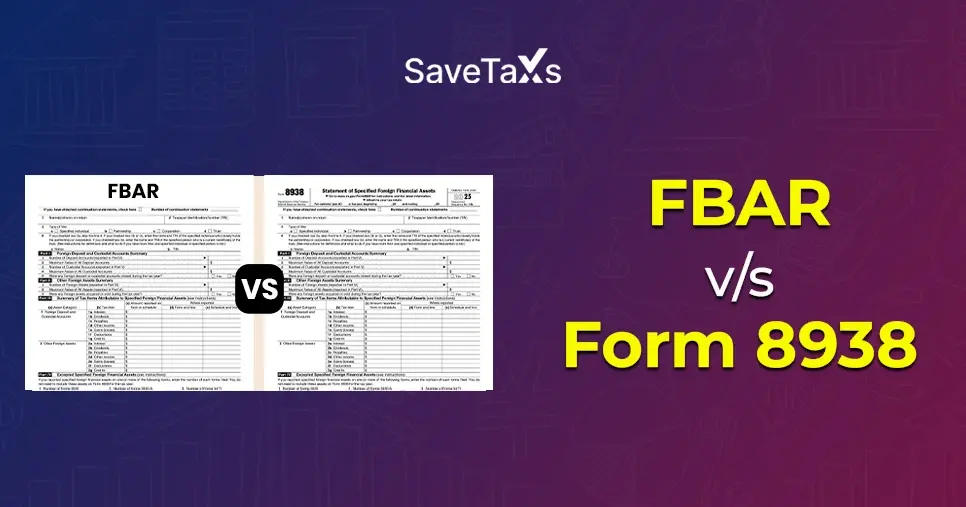
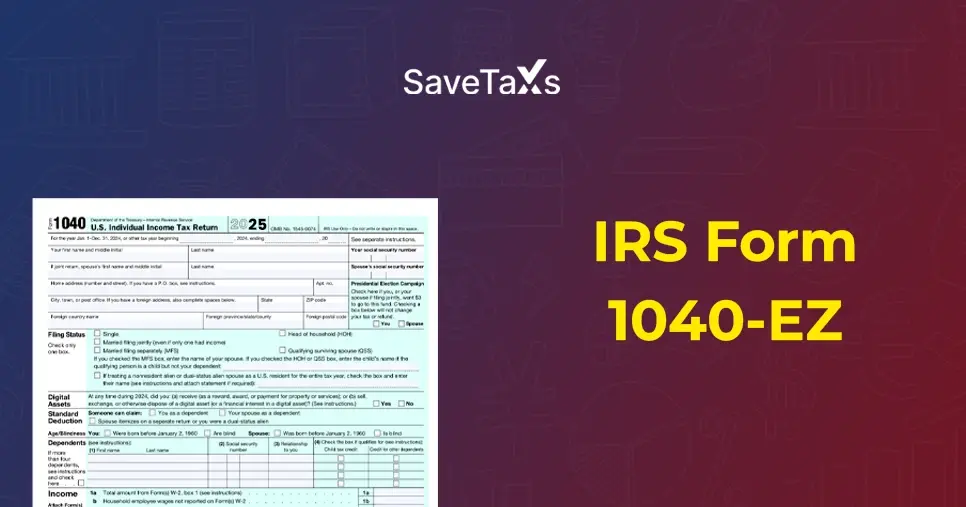
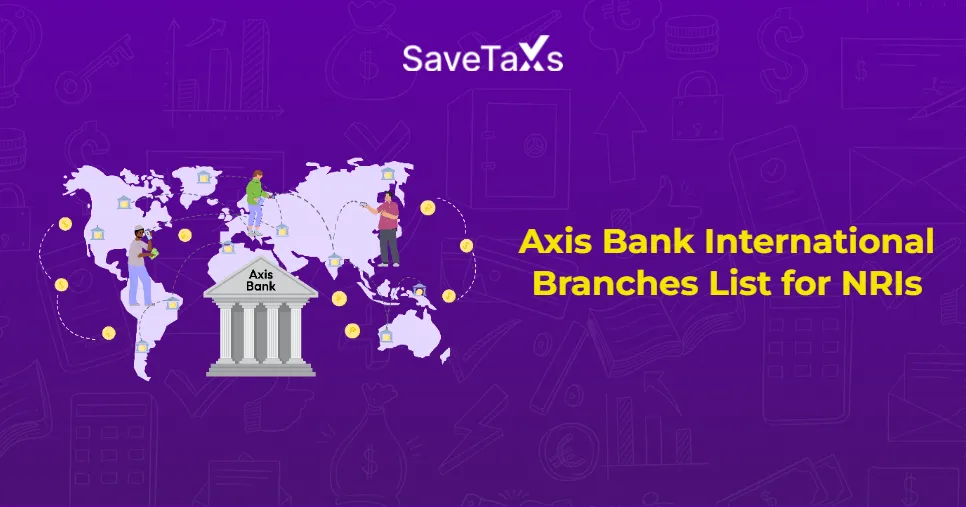
_1766492717.png)
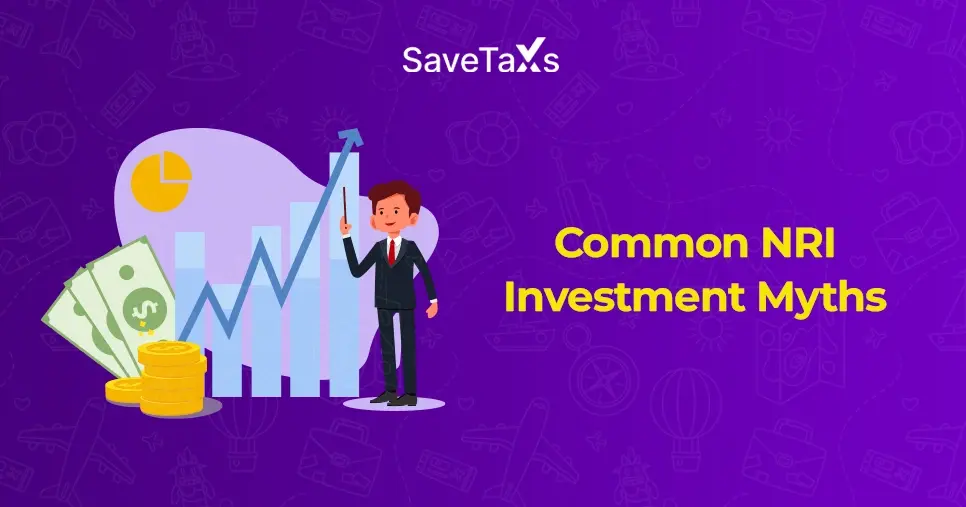
_1768221427.webp)

